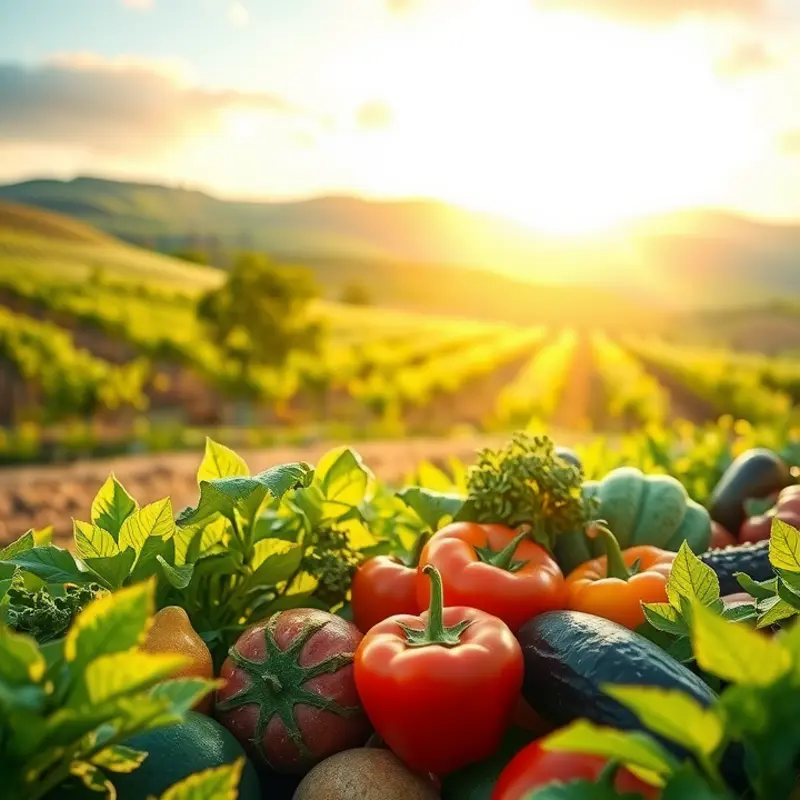Understanding the link between nutrition and skin aging is essential for health-conscious adults. Nutrients play a fundamental role in maintaining skin elasticity, hydration, and overall health. By exploring how certain foods and dietary choices impact skin from the inside out, individuals can make informed decisions to promote a youthful appearance. This exploration not only includes foundational nutrition but also highlights specific food groups and habits that can help combat the signs of aging.
The Role of Essential Nutrients in Skin Health

Nourishing your skin from the inside out is fundamental to maintaining its health and youthful appearance. Essential nutrients such as vitamins, minerals, and antioxidants play pivotal roles in combating the signs of aging and enhancing skin radiance.
Vitamins are crucial for skin health, contributing to repair, hydration, and protection. Vitamin C, for example, is known for its potent antioxidant properties, which help combat free radical damage—one of the primary accelerants of skin aging. It also boosts collagen production, essential for maintaining skin elasticity and firmness. You can find high levels of Vitamin C in citrus fruits, strawberries, and bell peppers.
Vitamin E works synergistically with Vitamin C to protect the skin from oxidative stress. This vitamin acts as a barrier against sun damage and helps retain moisture, crucial for maintaining soft, supple skin. Good sources of Vitamin E include almonds, sunflower seeds, and spinach.
Vitamin A plays a significant role in skin renewal. Retinoids, derivatives of Vitamin A, are often used to promote faster skin turnover and reduce wrinkles and fine lines. Consuming foods rich in beta-carotene, such as carrots, sweet potatoes, and leafy greens, ensures adequate Vitamin A intake.
Minerals like zinc and selenium are vital for skin health. Zinc is involved in skin healing, reducing inflammation, and preventing acne development. It can be found in nuts, seeds, and legumes. Selenium protects skin from UV-induced damage and can be sourced from Brazil nuts, fish, and whole grains.
Antioxidants are crucial in the battle against skin aging as they neutralize free radicals. Polyphenols and flavonoids found in tea, berries, and dark chocolate are excellent sources. These compounds contribute to improving skin texture and reducing pigment-related issues.
Omega-3 fatty acids are another group of nutrients that bolster skin health by reducing inflammation and providing the necessary fats to retain moisture and enhance barrier function. Fatty fish, chia seeds, and flaxseeds are excellent sources of omega-3s. For more insights on the role of omega-3s and busting myths, consider this resource.
A diet rich in these essential nutrients provides the foundation for healthy skin and can delay the signs of aging. It’s crucial to integrate a variety of these nutrients into your daily meals to ensure your skin receives comprehensive nourishment. Focusing on whole foods, like fruits, vegetables, nuts, seeds, and lean proteins, not only enhances your skin’s radiance but also supports overall well-being.
Dietary Habits for Youthful Skin

The journey towards maintaining youthful skin begins with thoughtful dietary habits. Prioritizing hydration, incorporating healthy fats, and focusing on anti-inflammatory foods play a pivotal role in skin health.
Hydration is paramount. Water acts as a natural moisturizer from within, supporting skin elasticity and reducing the appearance of fine lines. Aim for at least eight glasses a day. Incorporating water-rich foods like cucumbers and watermelon can also aid hydration. An easy way to ensure you meet your water intake is by creating a routine that pairs drinking water with specific daily activities.
Healthy fats are essential for a radiant complexion. They maintain the skin’s lipid barrier, obliterating dryness and dullness. Omega-3 fatty acids, found in fish, flaxseeds, and walnuts, are especially beneficial. For those looking to deepen their understanding of omega sources, exploring alternative options might be useful. Adding a tablespoon of flaxseeds to your morning oatmeal or switching to walnut oil for salads can gradually increase your intake of these beneficial fats.
Anti-inflammatory foods should form the cornerstone of a diet aimed at preserving skin youthfulness. Berries, leafy greens, and nuts are potent anti-inflammatory agents. They combat oxidative stress, which can significantly age the skin. Try incorporating a handful of berries into your yogurt or enjoying a salad with mixed greens and nuts for lunch. Such foods not only improve skin health but offer a defensive shield against the visible signs of aging.
Certain diets particularly promote skin health. The Mediterranean diet, rich in fruits, vegetables, whole grains, and lean proteins, has been associated with better skin elasticity and a lesser presence of wrinkles. This diet emphasizes the use of olive oil and includes moderate consumption of fish, both beneficial for maintaining a velvety and resilient skin texture. Similarly, plant-based diets emphasize fruits, vegetables, and whole grains, all packed with antioxidants that combat skin aging.
Incorporating these dietary habits into daily meals requires intention and gradual adjustments. Start by preparing a weekly menu that features a diverse range of fruits and vegetables. Focus on adding one or two plant-based meals each week. Set small, attainable goals, such as swapping refined grains for whole grains. Additionally, mindful consumption—fully aware of the foods you choose and their impacts—can enhance your dietary experience.
Adjusting your dietary habits for youthful skin is not about restricting but about enriching. By integrating ample hydration, healthy fats, and anti-inflammatory foods into your meals, you pave the way for vibrant and resilient skin. As each meal becomes an opportunity to nurture your skin from within, the symbiotic relationship between diet and skin health reveals its profound beauty.
Final words
Nutrition significantly influences skin aging, emphasizing the importance of a balanced diet rich in essential vitamins, minerals, and antioxidants. By making conscious dietary choices, individuals can effectively support their skin’s health and combat signs of aging. Incorporating nutrient-dense foods, staying hydrated, and adopting healthy eating habits create a solid foundation for radiant skin. As we age, prioritizing nutrition is vital, not only for outward appearance but overall health and vitality. Therefore, embracing healthy eating is not just a beauty secret but a transformative lifestyle choice.







